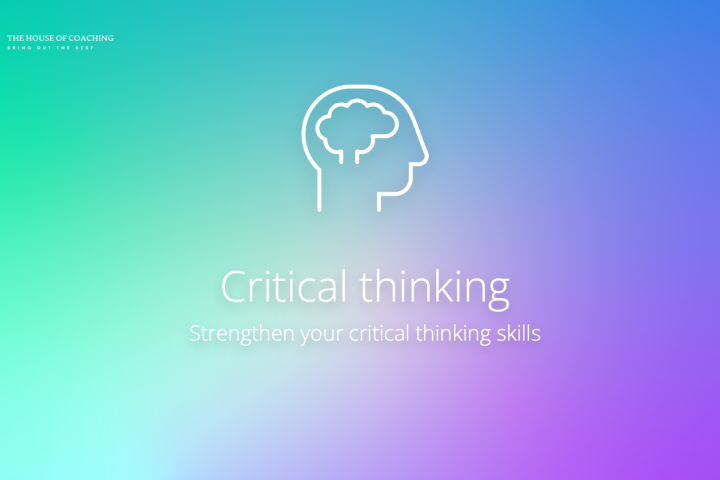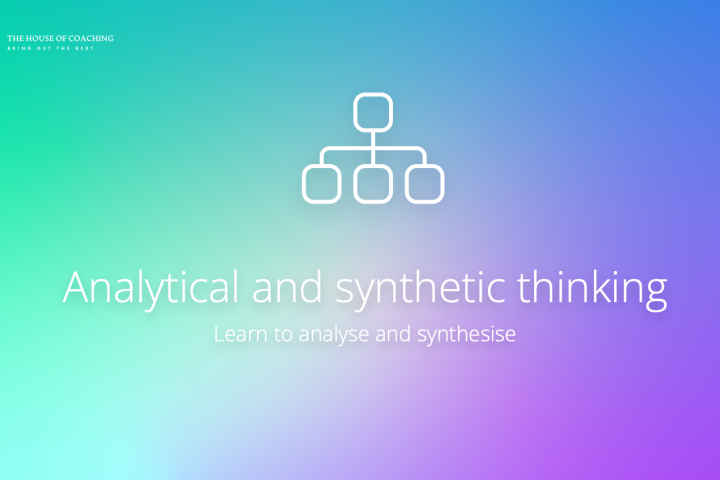

Thinking errors are errors in reasoning that can hinder critical thinking. Some common examples are:
- Ad Hominem: Attacking the person instead of their argument.
- Stroman: Misrepresenting an opponent's argument to make it easier to attack.
- False dilemma: Presenting only two options when there are more.
- Begging the Question: Assuming what you are trying to prove.
- Non Sequitur: Drawing a conclusion that does not follow logically from the evidence.
- Haste generalisation: Drawing an inference without sufficient evidence.
- Slippery Slope: Suggesting that a small first step will inevitably lead to a larger, undesirable outcome.
- Confirmation Bias: Looking for evidence that supports your beliefs and ignoring evidence that contradicts them.
It is important to be aware of these fallacies and actively pay attention to them in your own thinking and in the arguments of others.
How can you overcome these fallacies?
Here are a few strategies to overcome logical fallacies:
- Be aware: Knowing what the common fallacies are and paying attention to them is the first step to avoiding them.
- Exercise critical thinking: Develop your critical thinking skills by questioning assumptions, analysing evidence and considering alternative perspectives.
- Check for evidence: Before accepting an argument, make sure it is supported by evidence and that the evidence is reliable.
- Consider alternative explanations: Don't stop at the first explanation that comes to mind. Consider other possible explanations and evaluate their plausibility.
- Be spacious: Avoid jumping to conclusions and be open to changing your mind when new evidence emerges.
- Seek diverse perspectives: Listen to and consider the perspectives of people with different backgrounds and experiences, to avoid confirmation bias.
- Be willing to concede when you are wrong: No one is always right, and being willing to concede when you are wrong is an important step in overcoming fallacies and improving your critical thinking.
By following these strategies, you can become more aware of logical fallacies and better equipped to overcome them in your own thinking and in the arguments of others.
How does critical thinking make you more effective?
Critical thinking is the process of objectively and rationally analysing information and arguments to make well-informed decisions. Thinking critically makes you more effective in several ways:
- Better decision making: By evaluating information and arguments objectively, you are able to make better informed and well-reasoned decisions.
- Problem solving: By analysing problems logically and systematically, you can identify and solve problems more effectively.
- Better communication: By being able to express your thoughts and ideas in a clear and logical way, you are more likely to be understood and have a more meaningful dialogue with others.
- Increased creativity: By challenging assumptions, considering alternative perspectives and looking for new ways to solve problems, you are more likely to come up with creative solutions.
- Avoiding mistakes: By seeking evidence and questioning assumptions, you can avoid costly mistakes that can be made by jumping to conclusions or accepting arguments without critical evaluation.
- Dealing with complex information: Critical thinking allows you to navigate complex information and situations that may require careful consideration of different factors and perspectives.
- Being open-minded: By being open to new ideas and perspectives, and by evaluating different arguments objectively, you can be more open-minded and not fall into closed-mindedness.
Conclusion
In short, critical thinking is an essential skill that enables people to think objectively, make informed decisions, and navigate complex information. Thinking errors are mistakes in reasoning that can hinder critical thinking, but by being aware of them, practising critical thinking, and using strategies such as seeking different perspectives, being open-minded and checking for evidence, people can overcome these thinking errors and improve their critical thinking. As a result, critical thinking makes a person more effective in decision-making, problem solving, communication, creativity, error avoidance and open-mindedness. It is important for individuals to develop and maintain their critical thinking skills to navigate the complex world and make the best possible decisions.


